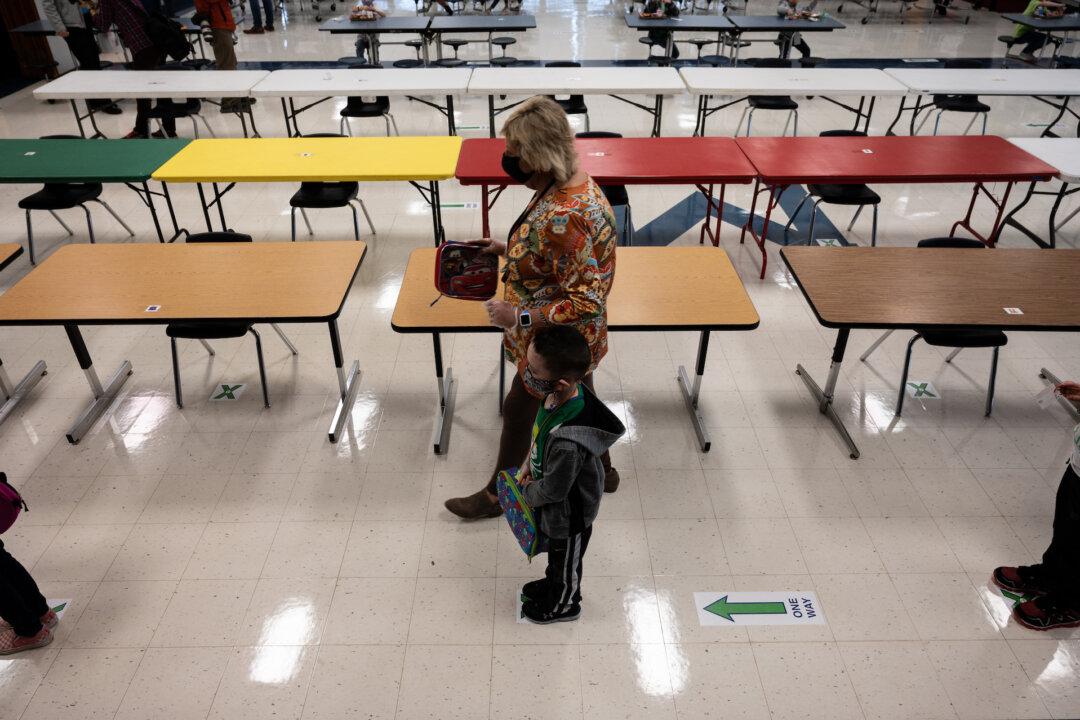In a 4–3 decision, Wisconsin Supreme Court ruled last Friday that it’s unconstitutional and violating freedom of religion for local health officials to close all public and private schools for grade 3–12 students last August.
Justice Rebecca Grassl Bradley wrote the majority opinion (pdf), stating that the majority of justices agree with the petitioners and hold “local health officers do not have the statutory power to close schools” under Wisconsin law and the local official’s order to close the school “infringes the petitioners’ fundamental right to the free exercise of religion guaranteed” under the Wisconsin Constitution.





